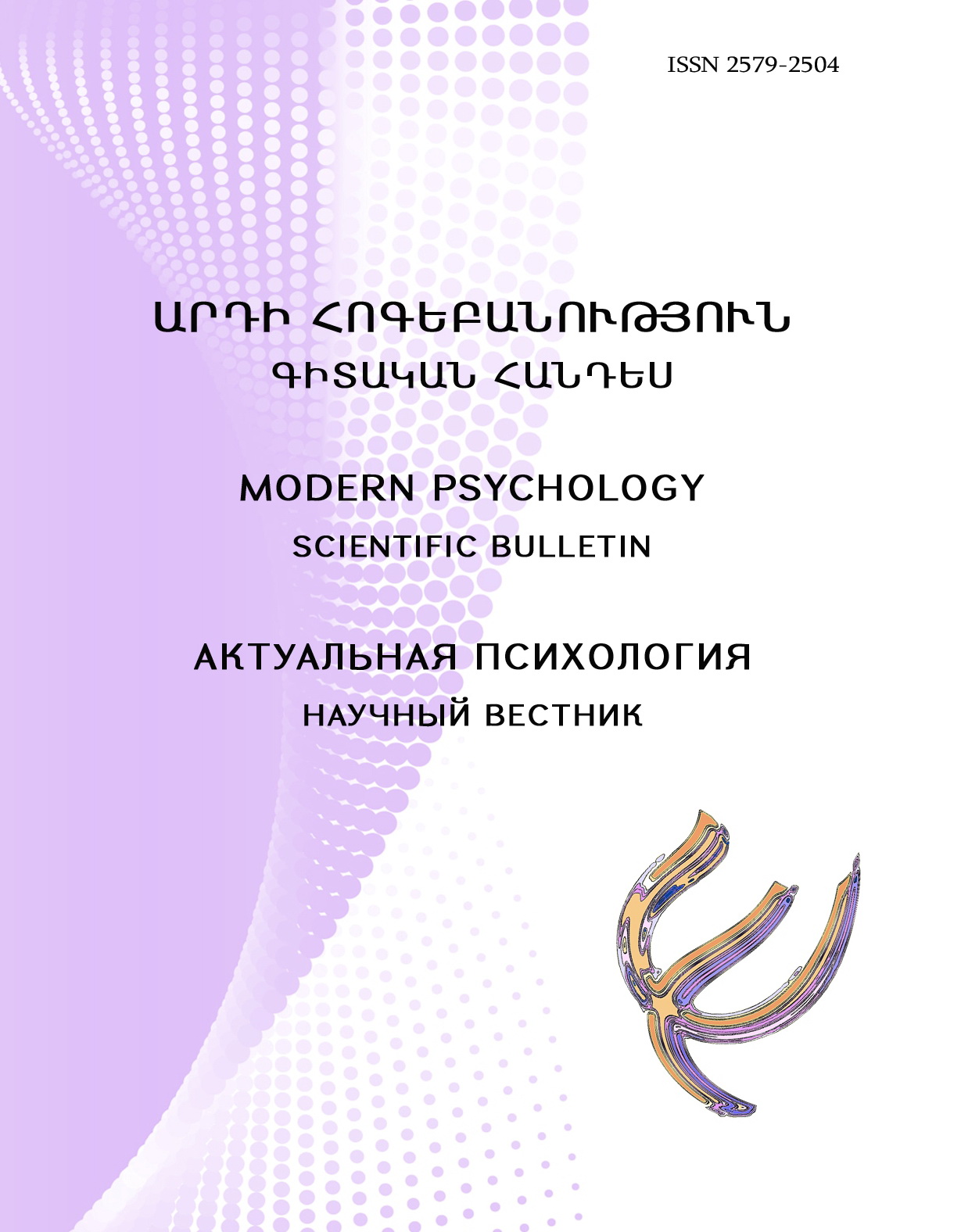WHAT CONTRIBUTES TO BETTER OVERALL EVALUATIONS WHEN APPLYING FOR A JOB? SOCIABILITY OR COMPETENCE? THE ROLES OF TRAIT AND WORK SETTING IN GAINING POSITIVE OVERALL EVALUATIONS
DOI:
https://doi.org/10.46991/SBMP/2024.7.1.042Keywords:
Job candidate evaluation, trait, setting, sociability, competence, positive evaluationsAbstract
Job candidate evaluation is relevant for any organization, however the factors which lead to positive evaluations have been argued upon by researchers, mainly stating their differing opinions on the context of the job and the climate of the organization. This paper investigates whether trait and setting have an impact on candidate evaluation, and if they do, which factor has the most influence. The study used a 2x2 experimental between-subjects design, with overall evaluation as the measured variable. Trait was measured through sociability and competence. Setting was defined as either working from home or at the company office. The hypotheses of the paper were the following; Candidates scoring higher on sociability will receive more positive overall evaluations, this relationship will be stronger for those candidates who are expected to work physically from the office. 267 participants completed a questionnaire assessing their decision in hiring a candidate who is high in sociability or competence, while also including the job setting as an influencing factor in this model. After analyzing the data, it was found that sociability does in fact lead to more positive overall evaluations. The results led to the conclusion, that the candidate who was more sociable rather than competent was chosen by raters. Setting did not have a significant interaction effect with trait, concluding that working remotely, or at the company office does not affect the respondent’s choice on preferring sociability over competence in a potential candidate.
References
1. Brambilla, Marco, et al. “Looking for Honesty: The Primary Role of Morality (vs. Sociability and Competence) in Information Gathering.” ResearchGate, Mar. 2011,
2. Brambilla, M., Sacchi, S., Rusconi, P., Cherubini, P., & Yzerbyt, V. Y. (2012). You want to give a good impression? Be honest! Moral traits dominate group impression formation. British journal of social psychology, 51(1), 149-166.
3. Cabeza, Marisol García, and Michiel Tegelaars. “Sociability.” ResearchGate, Apr. 2019,
4. Cordova, Katherina Edith Gallardo, et al. “Collaborative Work Competency in Online Postgraduate Students and Its Prevalence on Academic Achievement.” ResearchGate, July 2017,
5. Cuddy, Amy J.C., et al. “The Dynamics of Warmth and Competence Judgments, and Their Outcomes in Organizations.” Research in Organizational Behavior, Elsevier, 8 Nov. 2011,
6. Gidaković, Petar, and Vesna Žabkar. “The Formation of Consumers' Warmth and Competence Impressions of Corporate Brands: The Role of Corporate Associations.” ResearchGate, Mar. 2022,
7. Güntürkün, Pascal, et al. “Disentangling the Differential Roles of Warmth and Competence Judgments in Customer-Service Provider Relationships.” ResearchGate, SAGE Journals, 1 June 2020,
8. Hager, Paul, and Andrew Gonczi. “What Is Competence?” ResearchGate, July 2009,
9. Lozano, Irina, et al. “The Hidden Cost of Flexibility: A Factorial Survey Experiment on Job Promotion.” OUP Academic, Oxford University Press, 25 Nov. 2019, academic.oup.com/esr/article/36/2/265/5640492.
10. Powell, Alvin. “Social Skills Increasingly Valuable to Employers, Harvard Economist Finds.” Harvard Gazette, Harvard Gazette, 30 Aug. 2018,
11. Simon, Jeremy C., et al. “Social Perceptions of Warmth and Competence Influence Behavioral Intentions and Neural Processing - Cognitive, Affective, & Behavioral Neuroscience.” SpringerLink, Springer US, 21 Jan. 2020,
12. Stanaland, Andrea J S, et al. “Consumer Perceptions of the Antecedents and Consequences of Corporate Social Responsibility.” ResearchGate, Aug. 2011,
13. Terache, Julie, et al. “Warmth and Competence in Interpersonal Comparisons: The Quiz Master Paradigm through the Lens of Compensation.” International Review of Social Psychology, Ubiquity Press, 28 Feb. 2020,
14. Thomas, Joe G., and Ricky W. Griffin. “The Power of Social Information in the Workplace.” Organizational Dynamics, Pergamon, 4 Dec. 2003,
Downloads
Published
Issue
Section
License
Copyright (c) 2024 Hovhannes Jijyan

This work is licensed under a Creative Commons Attribution-NonCommercial 4.0 International License.



